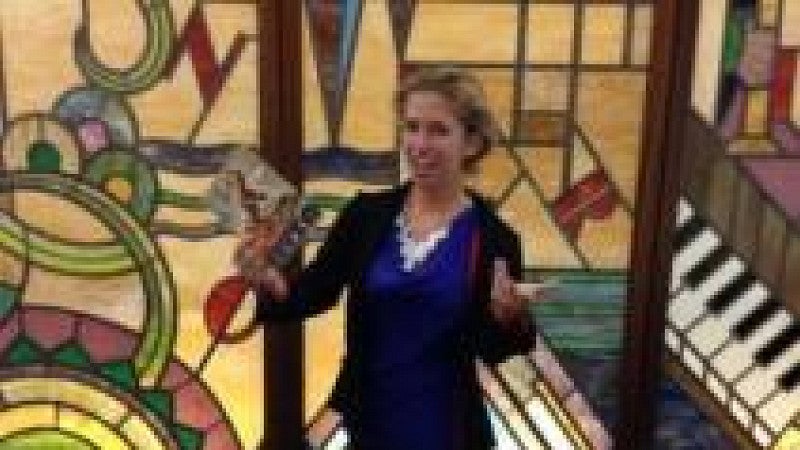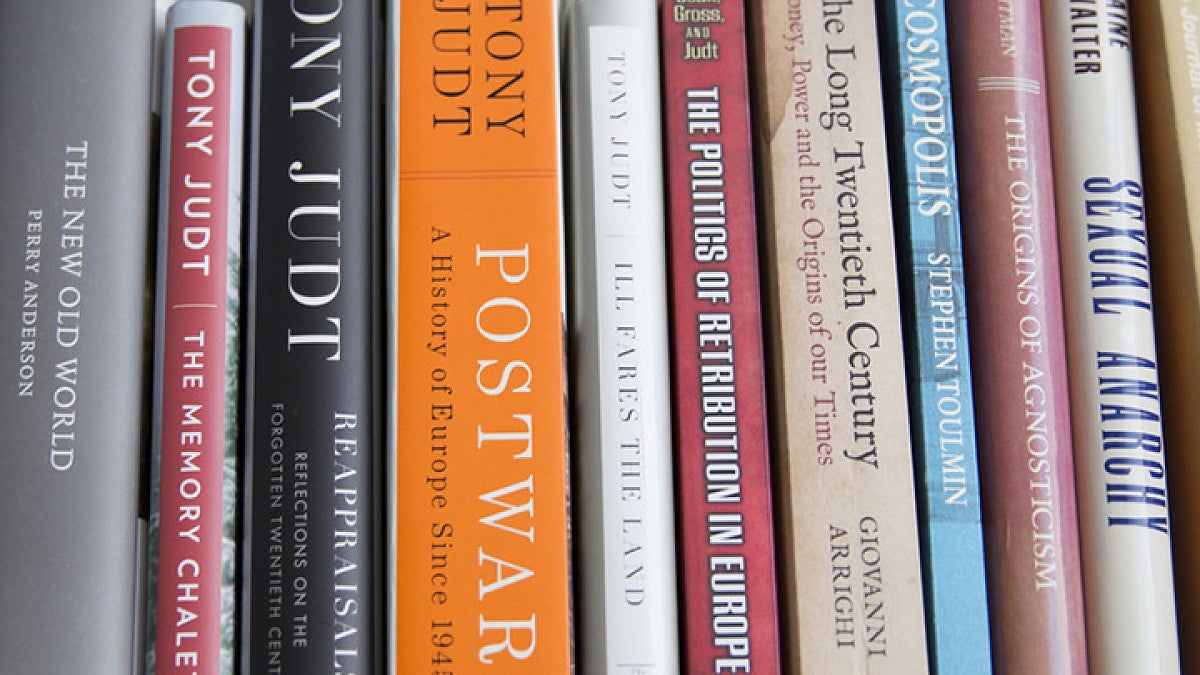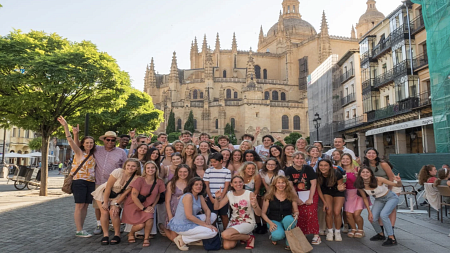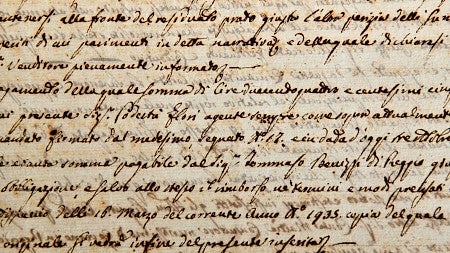The Department of Romance Languages faculty comprises passionate specialists who conduct research on all aspects of the Romance-speaking world. Their work and expertise spans the globe, encompassing North America, South America, Europe, Africa, and Asia.

Research Across Disciplines
The study of Romance languages is interdisciplinary by nature, and our faculty members often engage in research across multiple disciplines. Looking for a faculty mentor or expert in the Department of Romance Languages? Discover the topics of interest on which our faculty are conducting research.
Featured Research

Lanie Millar
“Cuban Revolutionary Literature”
Associate Professor of Spanish and Portuguese Lanie Millar has published an article on “Cuban Revolutionary Literature” in the Oxford Research Encyclopedia of Latin American Literature (Oxford University Press, 2015). From the author’s abstract:
While Cuban literature boomed and publishing opportunities increased, by the 1970s, top-down authorities exerted increasing control over the cultural realm. Especially during the 1970s and 1980s, other kinds of diverse Cuban literature flourished, as Afro-Cuban and women writers gained prominence and pushed literature in new directions. Questions of race, gender, and sexuality came to the fore in works depicting both past and contemporary times.

Diana Garvin
Italian Cooking Show
In ITAL 399: Mediterranean Foodways, Assistant Professor of Italian Diana Garvin’s students produced their own cooking shows in Italian. They prepared 19th- and 20th-century recipes for tortellini and minestrone, and explained the historical context that determined ingredient choices and preparation methods. In doing so, students learned how to analyze primary sources and navigate digital archives, thus launching their Italian studies at UO into the wider world.
Academia Barilla’s Gastronomic Library provided the course’s digital research site. Students perused historical cookbooks from the Italian Unification, like Pellegrino Artusi’s “Science in the Kitchen and the Art of Eating Well” (1891) and from the Fascist period, like F.T. Marinetti’s “The Futurist Cookbook” (1932).

Devin Grammon
2019-20 Sustainability Faculty Fellow
Assistant Professor of Spanish Sociolinguistics Devin Grammon has been named a 2019-20 Sustainability Faculty Fellow. The fellowship will aid in the development of Grammon’s combined research and pedagogical project on the linguistic landscape and public use of Spanish in Eugene, focused on issues of sustainability.
This fellowship comes with financial and programmatic support in conjunction with a three day workshop in June that will provide Grammon with opportunities to initiate ongoing community partnerships and develop community-engaged learning activities.

Recent Publications
Ranging from studies of how women negotiated the politics of Italy’s fascist regime to writing through violence and injustice, our faculty produce new knowledge about Romance-speaking cultures across the world. Read the latest research from the Department of Romance Languages.




